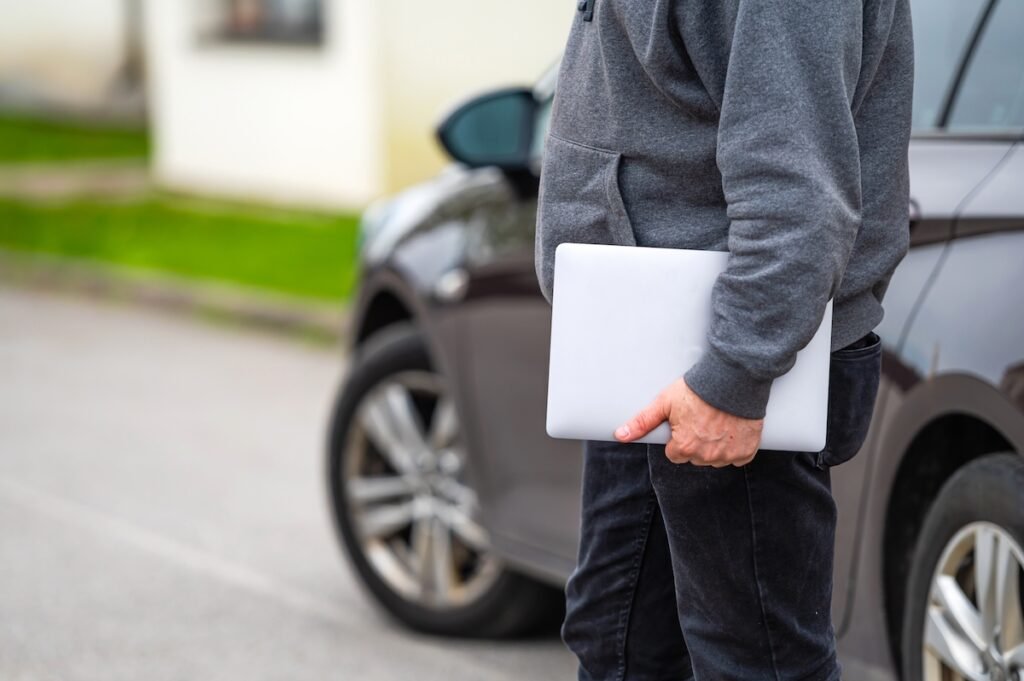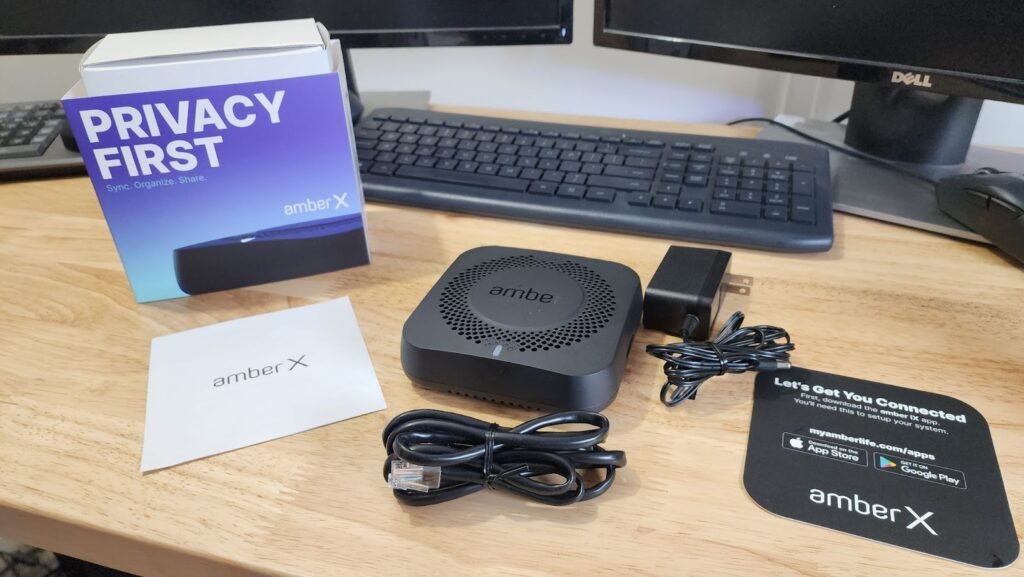If you’re finding that your Windows 11 computer is running a bit slow, don’t worry – there are plenty of easy ways to speed it up again. Windows 11 is the latest addition to Microsoft’s vast library of operating systems. Since it is newly released, it at times lacks some basic speed functionalities. However, that is all set aside comparing the speed of Windows 10 and 11. The latter is comparatively slower, but we may see an increment in new updates. According to Windows Latest, their benchmarked speeds with Windows 10 vs Windows 11 show a pretty sizable drop in read operations and write speeds.
Hopefully, some of this gets rectified with updates, but until then, users are left with a lack of responsiveness and slower speed. However, this really quick Windows 11speed up guide will help you speed up Windows 11 with some very simple steps. Seriously, implementing all of these will take you no more than 10 minutes (even for the most novice user of computers).
How to Speed Up Windows 11?
If you’re like most people, you probably want your computer to be as fast as possible. With Windows 11, there are a number of ways to speed up your machine. We’ll show you some of the best ways to get your Windows 11 computer running at top speed, but before going through different ways to speed up Windows 11, let’s look at some factors that slow down the performance in the first place.
What Could Be Slowing Down Your Windows 11
Low RAM
Having a low virtual memory can heavily affect your Windows. That’s because operating systems automatically start using storage devices as primary memory when RAM runs out. There are two methods to solve this. You can either use RAM cleaner to make room. If that does not work, you might need to upgrade.
Running Out of Space
It is common for a computer to run out of memory. However, it slows down all processes of your Windows.
Drivers Out of Date
If your drivers are outdated, it is best to update them. That’s because hardware and software updates can heavily affect Windows 11.
Viruses or Malware
Viruses can slow down any Windows. They are caught from unknown sources and affect all operations of the computer. It is best to scan your Windows 11 with an antivirus. We suggest using Bitdefender Total Security 2022, Norton 360 Deluxe 2022, or Kaspersky Total Security 2022
TRENDING: Can Google Nest Really Speed Up My Wifi?
Time To Speed Up Windows 11
Here are a handful of super easy, super quick fixes that are guaranteed to speed up your Windows 11. Granted, there are some more advanced tactics you can employ (and maybe we’ll cover those in another post down the road), but these are simple enough for even the most basic of users to understand and execute.
Make Sure Windows is Updated
Don’t roll your eyes! Updating your operating system (your browser too! Oh yeah…and all your other devices and apps) is not only going to speed up your devices, there are probably some valuable security patches as well. PLUS…those notifications do take up processing power. We’d also like to note that the February 25th update (Windows 11 KB5008353) fixed speed issues for SSD users ~ another reason to update regularly!). Follow these really easy steps:
- Click on the Windows button and choose Settings.
- From the left pane, click on Windows Update.
- Now, select Check for Updates.
- Windows will look for new updates and automatically install them.
- Once installed, restart your PC.
Disable Startup Programs
Another really easy measure to do:
- Click the Windows button and choose Settings.
- Go to Apps and click Startup.
- Disable the switch for unnecessary apps on startup.
- Now, click the Start button and open Task Manager.
- From the top bar of Task Manager, click on Startup.
- Now, right-click and click Disable on any program you don’t want to load on startup.
Disable Visual Effects
If you want your computer to run faster, then disabling visual effects in Windows is a good idea. This will help speed up your machine, especially if it’s an older model. However, if you don’t mind a noticeable slow down and really enjoy the pretty animations, then there’s no harm in leaving them enabled. Ultimately, it’s up to you and what you value more: speed or aesthetics. Here are those steps for disabling visual effects in Windows 11:
- Press the Windows key, and type view advanced to select View Advanced System Settings.
- Select Advanced, and click on Settings.
- Now, check the mark on Adjust for Best Performance option.
- Under Custom, checkmark on Show Thumbnails instead of icons and Smooth Edges of screen fonts.
- Lastly, click on Apply and OK to save the changes.
LEARN: Home Network Questions Every Parent Should Know
Enable Storage Sense
I really like this Windows 11 speedup hack. Storage sense is a great way to speed up your computer by freeing up space on your hard drive. It’ll automatically delete temporary files and old versions of files that you don’t need anymore, so it’s a great way to keep your computer running fast and smooth. Plus, it’s really easy to use. Just open up storage sense and select the drive you want to clean up, and Storage sense will take care of the rest! Here’s how to enable this awesome Windows 11 speed up feature:
- Press the Windows button and choose Settings from the list.
- Go to System, and select Storage.
- Turn on Storage Sense with the toggle button.
A Need For More Windows Speed!
As mentioned above, implementing these steps will take you maybe 20 minutes at the most and you’ll get that time back from a quicker Windows experience in about a month or two. Following these steps, you can easily speed up Windows 11. You can try all these methods to get the best results. You will see a significant increase in your Windows 11 performance after this. We hope you’ve found these simple Windows 11 speed-up hacks helpful. In all seriousness, by following just a few of them, you can enjoy a much faster experience when using your computer. If you do all of them, you’ll definitely see and feel a speed difference with Windows 11.
Related Articles:
Speed Up Your Internet with Google Nest Wifi
Parental Controls for Windows 11
Home Networking Questions for Parents








